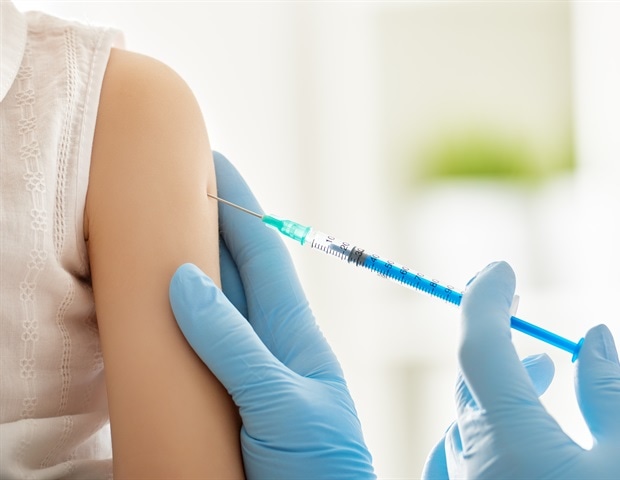Reviewers’ Notes
Recently published research from the University of Minnesota Medical School suggests individuals with hepatitis C should consider revaccination for hepatitis B. The study was published in the Journal of Infectious Diseases.
Previous research has shown individuals with hepatitis C infection have a lower response to the hepatitis B virus (HBV) vaccine.
This study has broad implications for public health in hepatitis-infected individuals. It is known that the hepatitis B vaccine is not as effective in those with hepatitis C. What was not known until now is that after treating hepatitis C the hepatitis B vaccine seems to be more effective in this population. This is important as many of these individuals are still at risk for hepatitis B infection."
Jose Debes, MD, PhD, Associate Professor, University of Minnesota Medical School and School of Public Health
Hepatitis C is caused by a blood-borne virus that leads to inflammation of the liver. Right now, there is no effective vaccine for hepatitis C. Globally, about 58 million people have hepatitis C, with 1.5 million new infections each year.
Hepatitis B is a liver infection that can be prevented with the HBV vaccine.
In this study, 34 patients who previously did not respond to the HBV vaccine were tested for hepatitis B surface antibodies. The study found that after treatment of hepatitis C, revaccination against hepatitis B among this group resulted in an improved response.
These viruses can have short or long-lasting effects. Having both hepatitis B and hepatitis C together raises the risk of severe issues like liver cirrhosis or cancer. In certain places, getting both infections is common and risky. Experts recommend changing how doctors handle such cases and conducting more tests to understand vaccine timing and effectiveness.
The research team recommends individuals with hepatitis C be checked for hepatitis B immune protection. If none is present, they should be offered a vaccine after treating hepatitis C.
Further research is suggested to conduct this study in a larger group, assess optimal time for re-vaccination and further understanding of immune pathways involved in this change of response.
University of Minnesota Medical School
Powell, J. G., et al. (2023) Revaccination for Hepatitis B in Previous Nonresponders Following Hepatitis C Eradication. The Journal of Infectious Diseases. doi.org/10.1093/infdis/jiad301.
Posted in: Medical Research News | Disease/Infection News | Healthcare News
Tags: Antibodies, Blood, Cancer, Cirrhosis, HBV, Hepatitis, Hepatitis B, Hepatitis B Virus, Hepatitis C, Infectious Diseases, Inflammation, Liver, Medical School, Medicine, Next Generation, Public Health, Research, Vaccine, Virus
